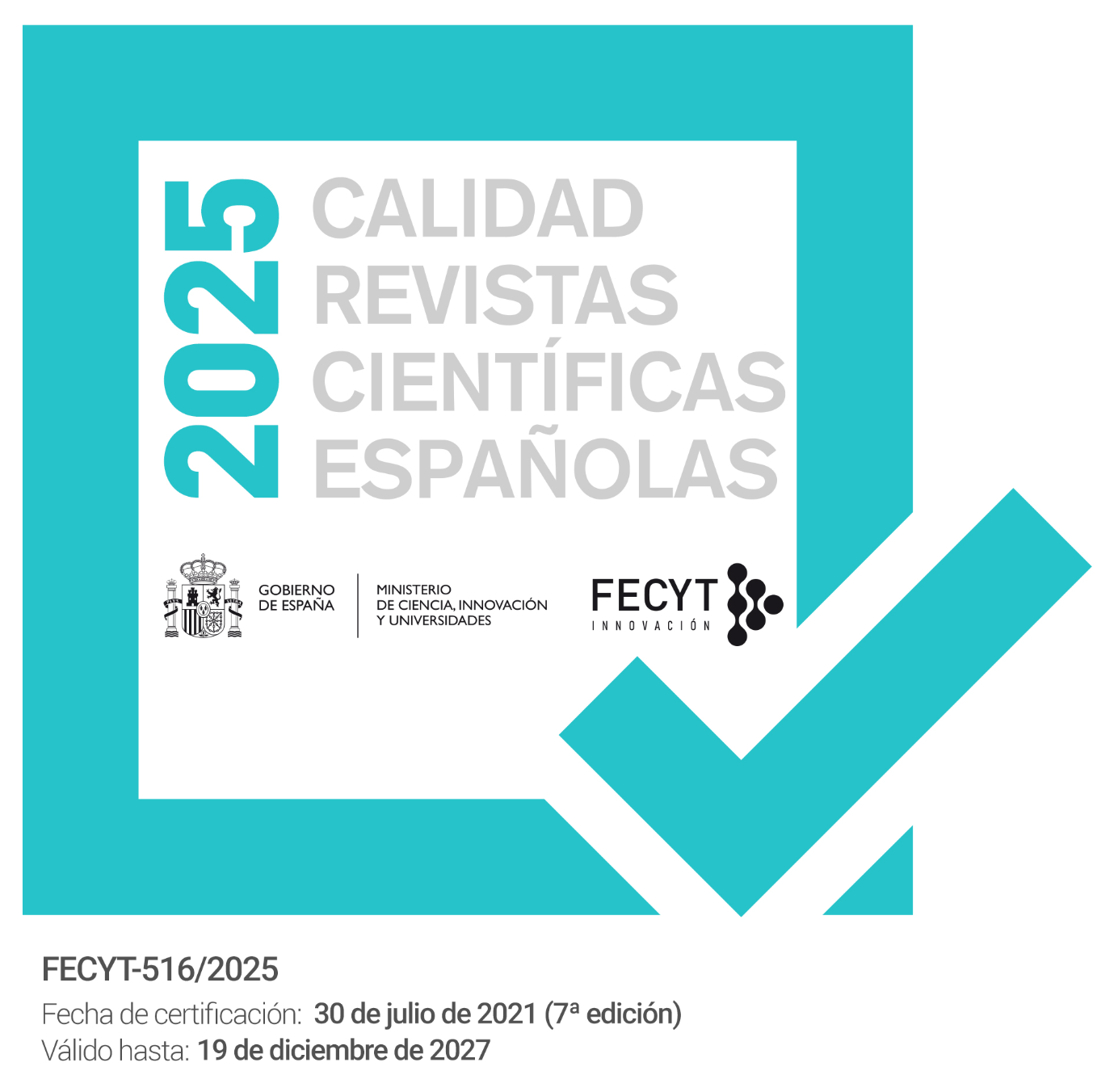Analysisof second person (vos-tú) pronominal addressing forms in a witchraft trial in 1602
Abstract
This work intends to reinforce the fact that the voseo form was still in use during the first years of the 17th century, as an addressing formula used by the most disadvantaged social groups. This formula had slowly detached itself from its prestige feature and ended up fighting against informal addressing formulas to survive. To this end, several oral interventions extracted from a witchcraft trial in 1602 are analysed. These interventions reconstruct situations which include manifestations expressed in direct style.
Downloads
-
Abstract320
-
PDF (Español (España))647
The works published in this magazine are subject to the following terms:
1. The Publications Service of the University of Murcia (the publisher) preserves the economic rights (copyright) of the published works, and favors and allows the reuse of same under the license of use indicated in point 2.
2. The papers are published in the electronic edition of the magazine under a Creative Commons Attribution-NonCommercial-NoDerivative 3.0 Spain license (legal text). Papers may be copied, used, disseminated, transmitted and publicly exhibited if the following requirements are met: i) The authorship and the original source of its publication (magazine, editorial and URL of the work) must be cited; ii) The works cannot be used for commercial purposes; iii) The existence and specifications of this user license must be explicitly mentioned.
3. Self-archiving conditions. Authors can electronically disseminate pre-print versions (version before being evaluated) and / or post-print versions (version evaluated and accepted for publication). This makes possible its circulation and diffusion earlier and with it a possible increase in its citation and reach among the academic community. RoMEO color: green.









